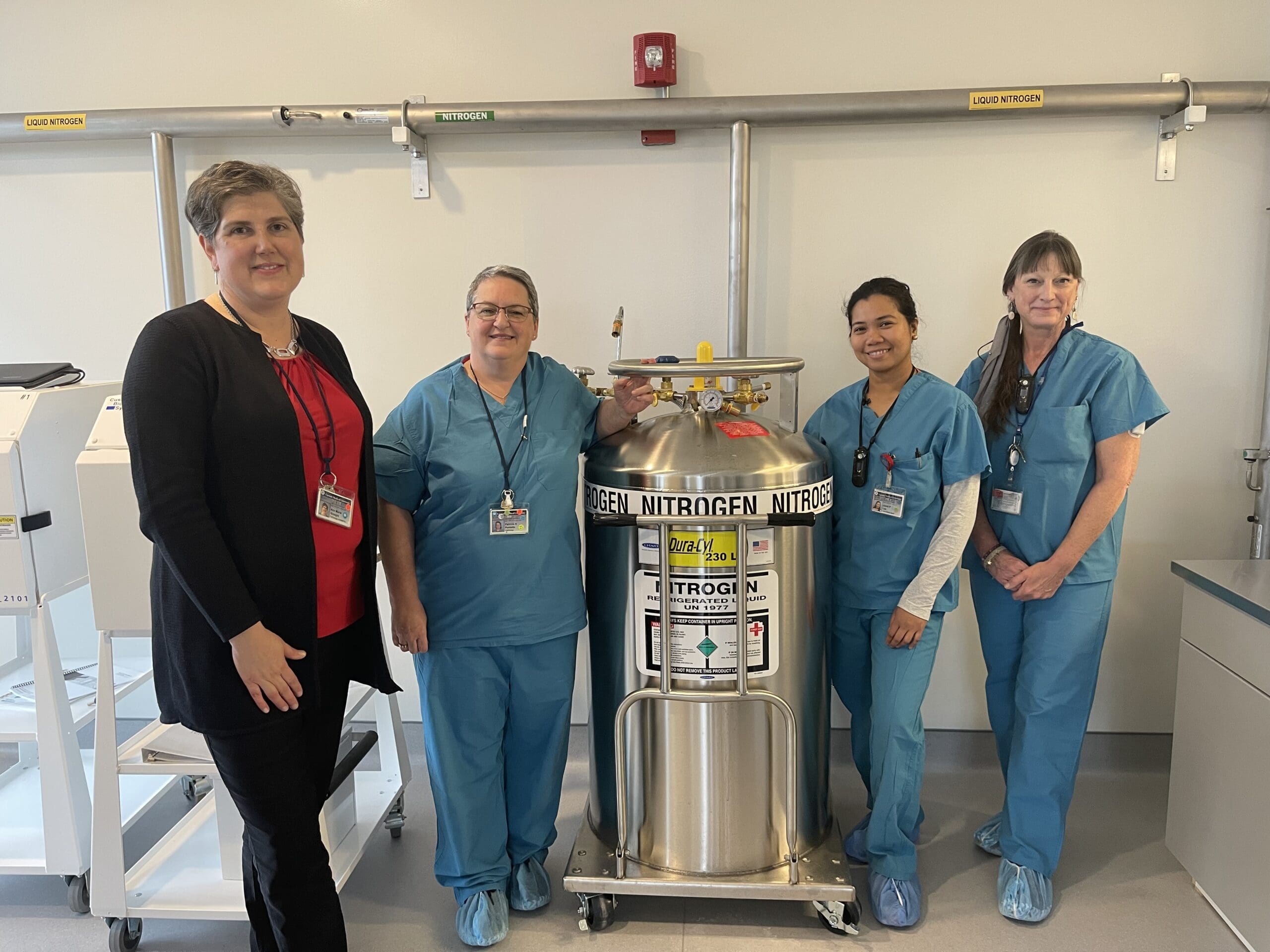By Christie Donato
The vitamin and mineral supplement industry is the latest commercial wellness space to receive the direct-to-consumer treatment, with brands like Care/of, Ritual, and Himsdelivering personalized vitamin packets, prenatal multivitamins and gummy bear vitamins right to your door. They market on podcasts and via Instagram, touting a minimalist design perfect for the social media age. It’s no secret that millennials care a lot about overall health and wellness, which has alcohol companies scrambling to rebrand booze as a “health drink”to capture the shifting markets. Vitamins and supplements have been on the rise for a while, with a 2013 Gallup pollshowing that half of all American adults reportedly take a daily vitamin.
If you’re not part of that 50 percent statistic, you might be a little curious about introducing vitamins and supplements into your life — I know I was. There’s something pretty alluring about being able to pop a pill or two every morning to ensure that you’re getting all your nutrients for the day. It sounds a lot easier than waking up early to make a balanced breakfast before work, that’s for sure. Before diving in, though, the first thing you should know is that, according to the U.S. Food and Drug Administration’s website, “the FDA is not authorized to review dietary supplement products for safety and effectiveness before they are marketed,” which means that vitamin companies are left to self-report, creating a “Buyer Beware” scenario. Third party organizations such as ConsumerLabs.com,NSF Internationaland U.S. Pharmacopeiaexist to perform testing on vitamins and supplements, so look for certifications from these labs when choosing a vitamin brand. After all, these pills are going directly into your body, don’t you want to make sure you’re not unknowingly taking mustard, wheat or sugar fillers, or accidentally taking too high of a dosage?
How common is the issue of mislabeled vitamins and supplements? Common enough that in 2017 CVS Pharmacy rolled out an initiative known as “Tested to be Trusted,”pledging to test all vitamins and supplements sold in stores and online through a third-party lab to ensure labels contained the correct information. In a 2019 report, they announced that about 7 percent of all products failed to pass the test and were either pulled from stores or had their labels updated.
Say you’ve found a brand you trust. Should you really begin a vitamin regimen based on an online quiz or because your favorite influencer won’t stop hashtagging biotin on all her posts? Here’s the deal, there is little evidenceto suggest that the average American adult eating a reasonably healthy diet is likely to benefit from taking vitamins and supplements. Registered Dietetic Technician Mallory Burnham put it to me this way: “The average person who is eating a healthy, well-balanced diet doesn’t need a multivitamin. The young, elderly and pregnant or nursing mothers are really the only ones who need supplementation.” She recommends getting all of your vitamin and mineral intake from a natural source, like food, and if you are taking multivitamin it “should only be under the direction of your doctor or a registered dietician who knows your medical and diet history.” Chances are good you’re already getting all the nutrients your body needs, and, in some cases, it is possible to overdose on vitamins, so you may be doing more harm than good.
If you’re worried that you may have a vitamin deficiency, there’s an easy way to find out: ask your doctor to check your vitamin levels. With the help of a physician you can safely add vitamins into your routine without overdoing it. Don’t have access to health insurance (that’s about 44 million Americans, in case you were wondering)? There’s a very easy way to know that you’re getting all the vitamins and nutrients your body needs, and that’s by eating a healthy diet that’s relatively high in fruits and vegetables and low in sugary foods.





